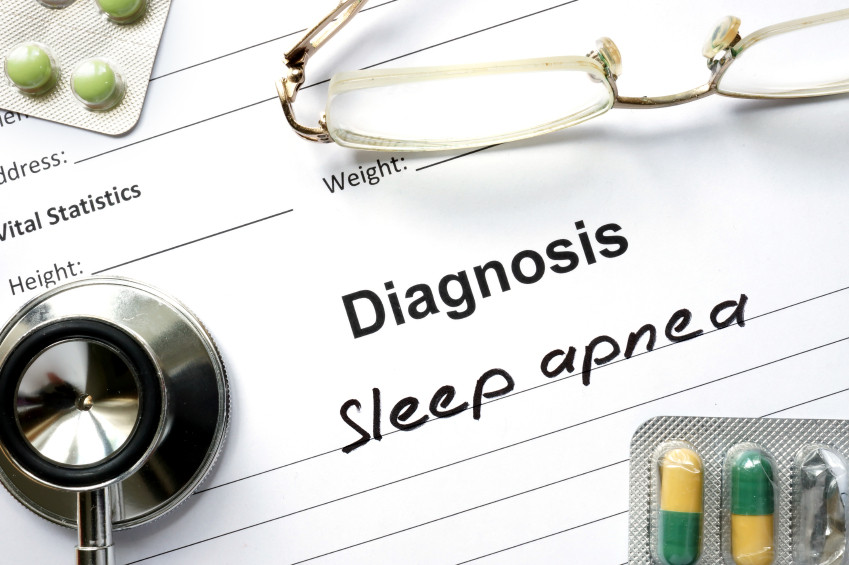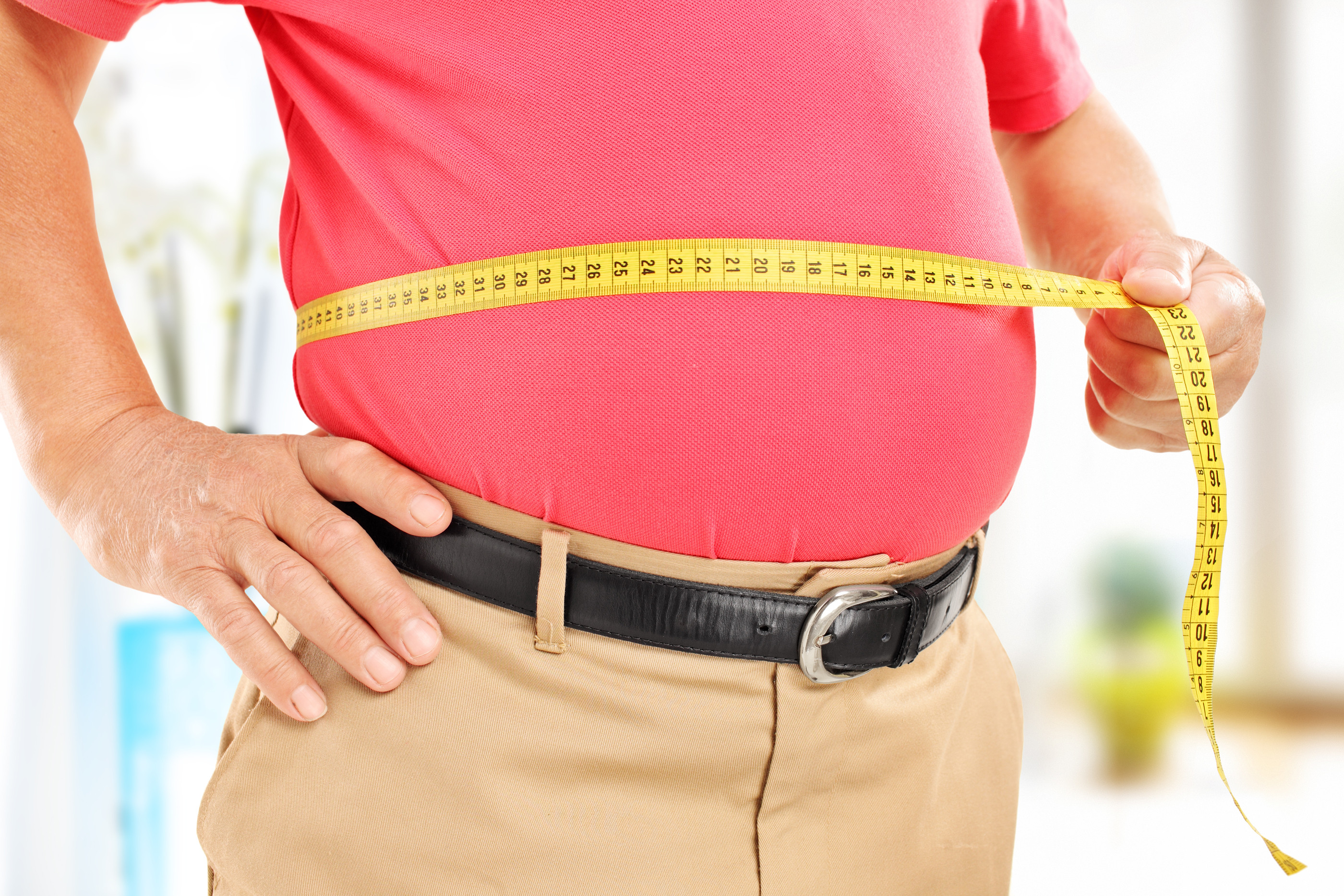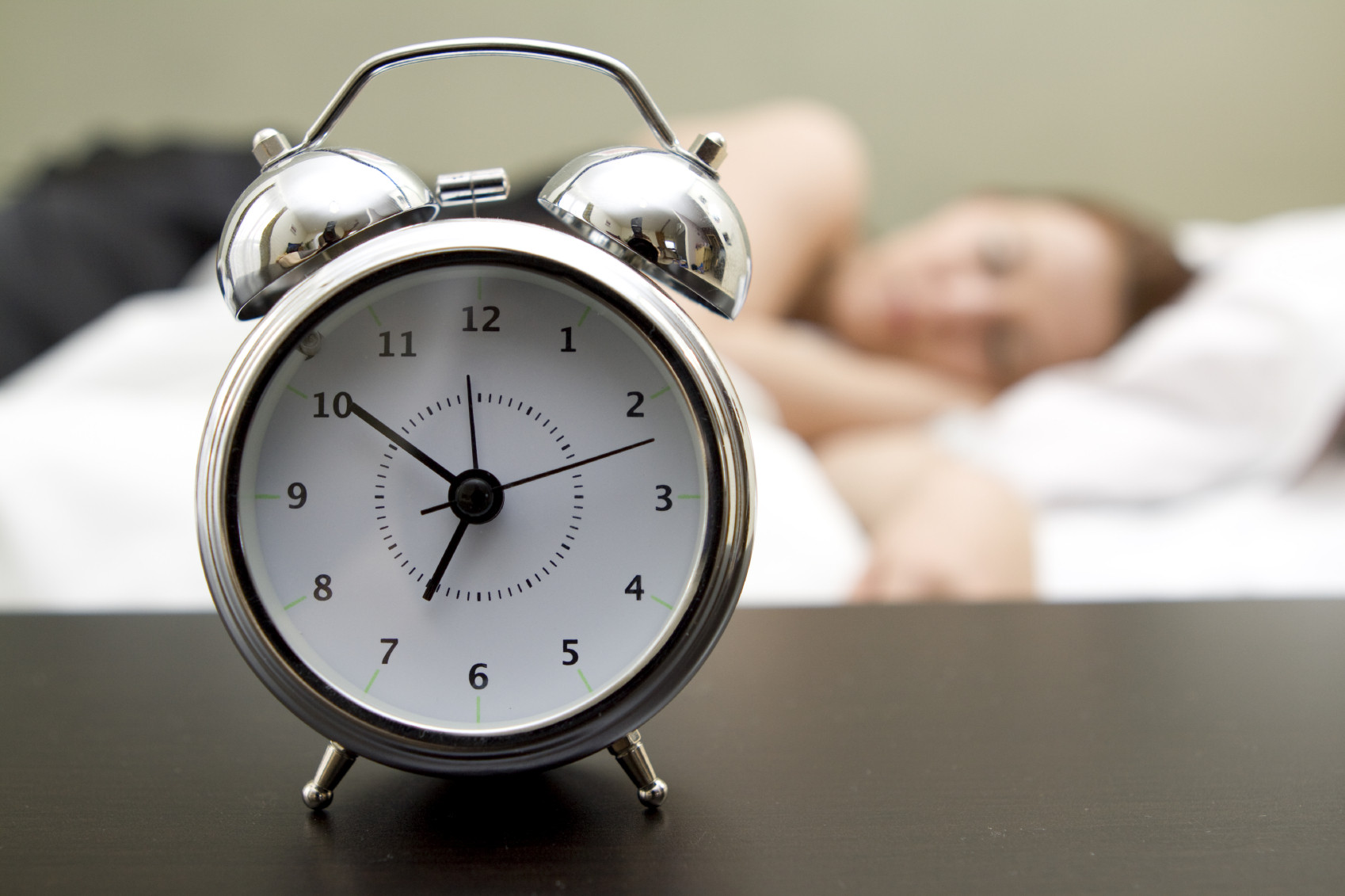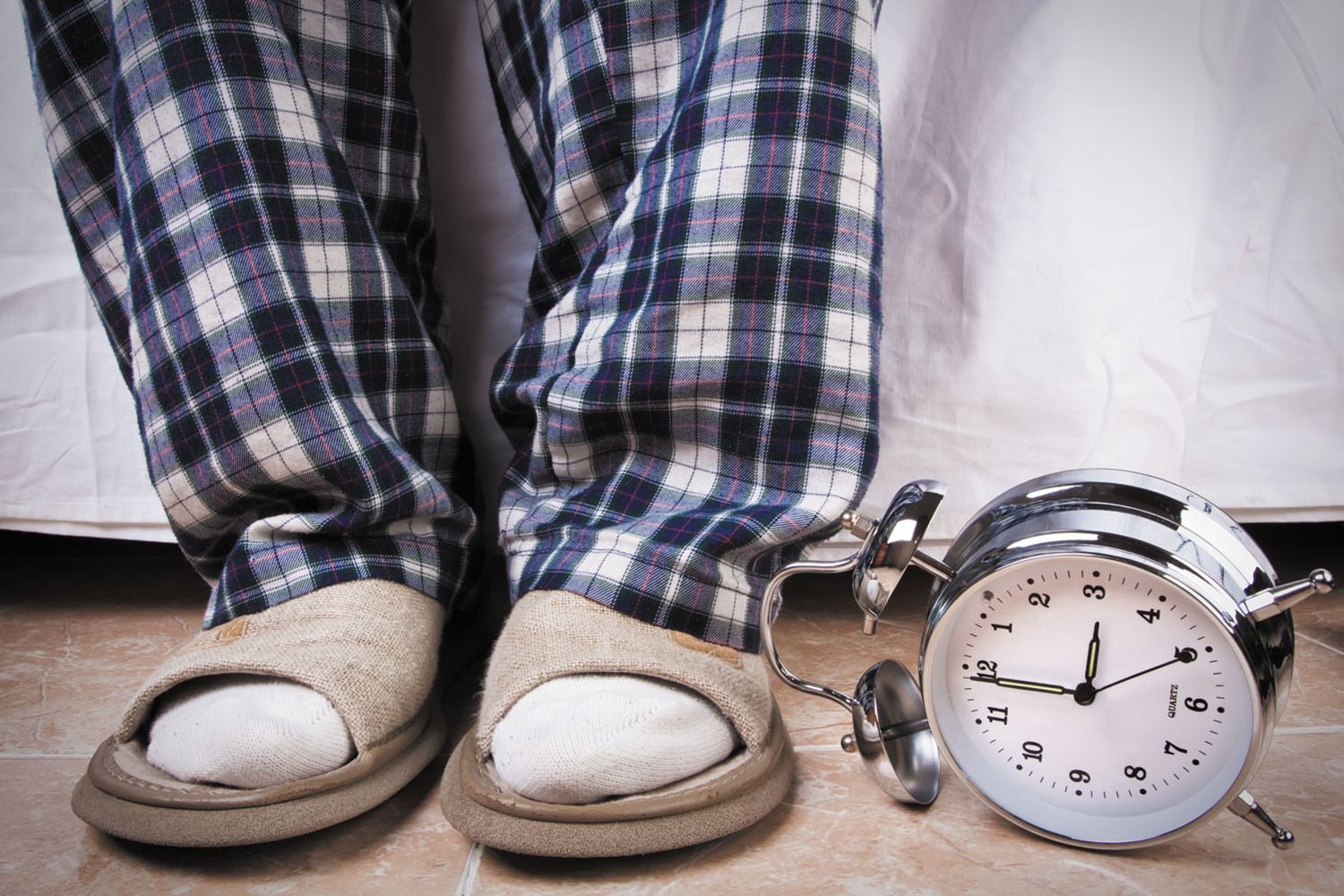
Driving with arthritis pain: Stay comfortable — and safe — behind the wheel

Daily cup of coffee may prevent afib recurrence

Gene-editing therapy lowers harmful blood fats in early study

What is EMDR therapy, and who can it help?

GLP-1 drugs versus bariatric surgery for treating obesity

Two dumbbells, three exercises, and 10 minutes

Easing the emotional burden of IBS

Modify your push-ups to meet your fitness level

What is long QT syndrome?

Stroke survivors may benefit from very low LDL levels
Sleep Archive
Articles
Can you find a good night’s sleep at the drugstore?
Almost everyone suffers from trouble sleeping at one time or another. Insomnia — defined as trouble falling asleep or staying asleep — isn't a single disorder itself, but rather a general symptom, like fever or pain.
Because insomnia is so common, you can walk into any drugstore and find a bewildering variety of over-the-counter sleep products. And people are buying them. One small survey of people ages 60 and over found that more than a quarter had taken nonprescription sleeping aids in the preceding year — and that one in 12 did so daily.
Sleeping like a caveman?
Recent news reports of a study of sleep duration in geographically isolated societies in Africa and South America suggest that Americans are actually getting plenty of sleep because members of these tribes spend about the same amount of time asleep each night as people in modern societies. These controversial findings will be debated, but are not relevant to the widespread sleep deficit and associated health consequences in more modern societies.
Too little sleep and too much weight: a dangerous duo
Americans are sleeping less and weighing more. Science tells us this is no coincidence. Inadequate sleep can contribute to weight gain in several ways, including altering levels of the hormones that control appetite and fullness and setting off a chain reaction of poor habits that can increase the risk of weight gain and obesity. Sleep is proving to be as important to health as good nutrition and regular exercise.
Frequent nighttime urination
Having to rise from bed to hit the bathroom even once can be bothersome if it disturbs your sleep rhythm. Image: Thinkstock |
Repeated nocturnal bathroom calls are bothersome, but self-help steps and targeted treatment offer relief.
The effects of sleep deprivation on surgeons — and their patients
Do the long hours in the hospital, often with little sleep, make doctors in training more prone to making mistakes? Over the past decade, concerns regarding trainee doctors’ sleep loss and the potential for medical errors have brought about limits on the number of consecutive hours a resident can work in the hospital. Do the same concerns apply to fully licensed surgeons? A recent study in The New England Journal of Medicine suggests that the answer is no. Comparing the data on patients whose surgeons were on call the night before with that of patients whose surgeons were not working the night before showed virtually no difference in how well the patients did after surgery. It is not clear, however, whether these doctors anticipated the effects of being on call and compensated for them, or whether these results would be the same for less-experienced surgeons-in-training.
Melatonin for jet lag
Ask the doctor
Q. My wife and I are planning a trip to Europe and we are dreading the jet lag, which hits both of us hard. Is there any evidence that melatonin really helps? Are there any prescription drugs we could ask our doctor about?
A. Jet lag refers to fatigue or a disturbed sleep pattern after travel across multiple time zones. Some small studies have suggested that melatonin is helpful for jet lag if taken a few days before and after travel. Melatonin is a natural substance released by our brain to help with our circadian (day/night) rhythm. This rhythm is disturbed with travel across three or more time zones.
Does breathing through my mouth affect my dental health?
Ask the doctor
Q. I find that I breathe through my mouth at night because my nose seems to stuff up once my head is on the pillow. Does sleeping with my mouth open affect my teeth and gums?
A. Open-mouth breathing can dry out your gums and the tissue lining your mouth, leading to a change in the natural bacteria, which can promote gum disease and tooth decay. Lying flat can cause mucus to accumulate in your nose. Try propping up your head with a firmer pillow—or a couple of pillows. If that doesn't work, you should talk to your doctor about your problem. You may have an allergy or polyps obstructing your nasal passages that can make it difficult to breathe through your nose and may need to see an otolaryngologist (an ear, nose, and throat specialist). Meanwhile, be sure to brush and floss your teeth regularly and drink lots of water to moisten your mouth throughout the day.
Too little — or too much — sleep linked to dementia risk
Participants in the Women's Health Initiative Memory Study (WHIMS) have provided a trove of information. They completed monthly questionnaires and underwent cognitive tests. Those who showed significant decline were also tested for dementia.
Recently, researchers analyzed data from 7,444 participants over 65. They had followed the women an average of seven years. Their report was published online June 15, 2015, by Alzheimer's & Dementia.

Driving with arthritis pain: Stay comfortable — and safe — behind the wheel

Daily cup of coffee may prevent afib recurrence

Gene-editing therapy lowers harmful blood fats in early study

What is EMDR therapy, and who can it help?

GLP-1 drugs versus bariatric surgery for treating obesity

Two dumbbells, three exercises, and 10 minutes

Easing the emotional burden of IBS

Modify your push-ups to meet your fitness level

What is long QT syndrome?

Stroke survivors may benefit from very low LDL levels
Free Healthbeat Signup
Get the latest in health news delivered to your inbox!
Sign Up








